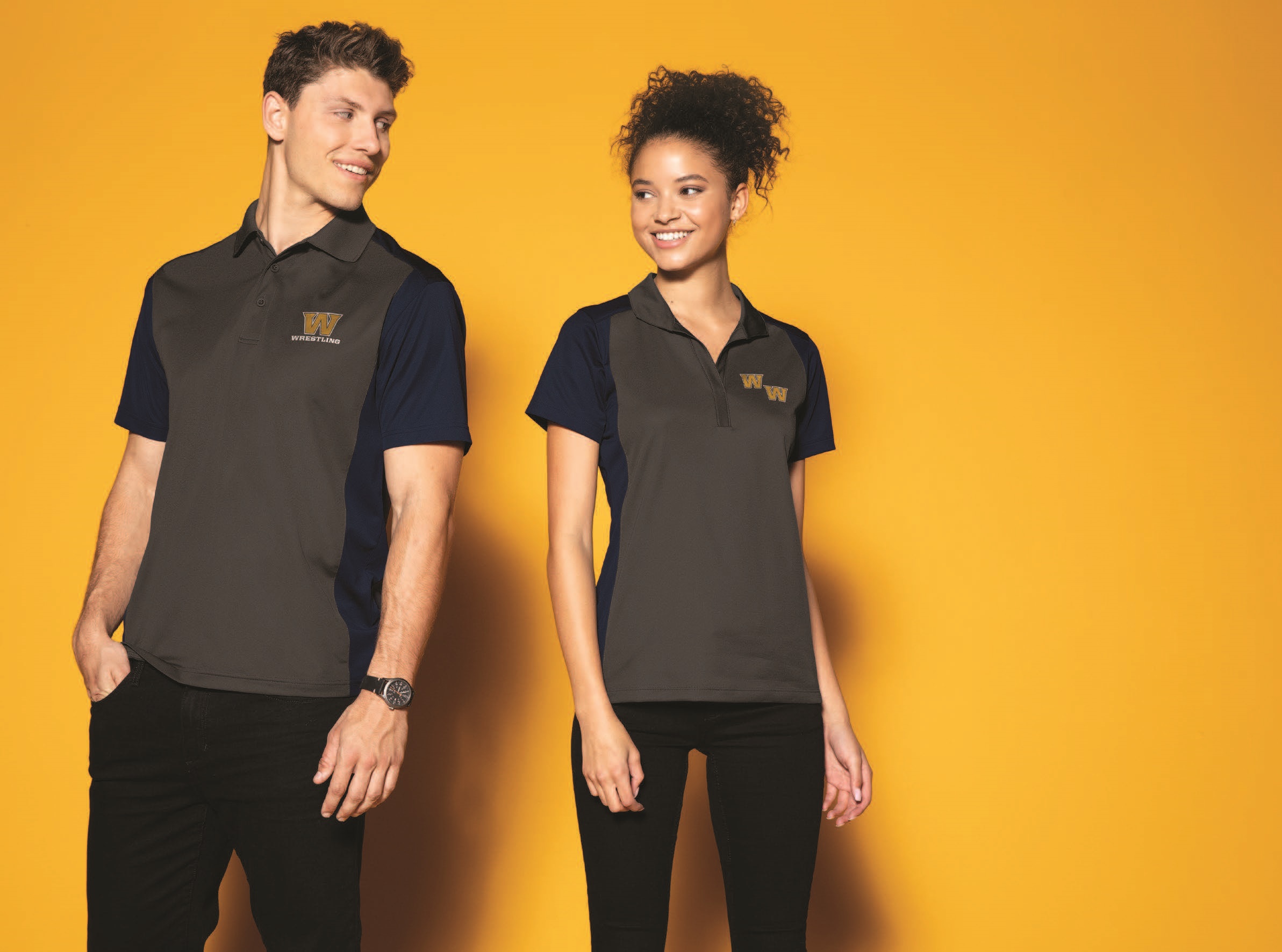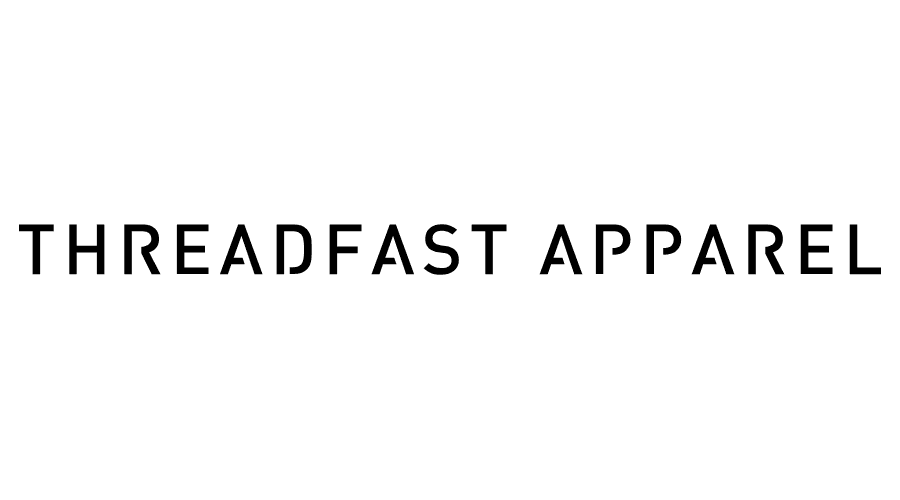USA manufacturing is a hot-button topic in this industry and in the U.S. in general, with even the Team USA Olympic uniforms being outsourced. The introduction of online shopping makes it even more difficult to know the origin and quality of the products you are buying. The promotional products industry has been making strides toward compliance in the USA and abroad, but what if compliance and outsourcing are not the issues? What if copyright infringement is? What if low quality is the problem?
The practice of selling cheap and/or counterfeit designs has been around for a long time and largely accepted (particularly purses on Canal Street in NYC), but with the spike in popularity of online shopping, counterfeiters are finding new grounds to sell their goods — retail and promotional. The counterfeit websites are proving to be more police targets than money-makers as authorities quickly shut down the copyright and trademark infringers, but these laws do not apply to sellers of low-quality goods. Though they may be falsely advertised, they are legal. And for consumers and end-buyers, sometimes the lower price point is too difficult to pass up.
You can safeguard your business and your preferred suppliers from these online sellers by staying educated. Do you know where the apparel you are selling came from? Do you know what materials went into them? Who designed them? Who handled the imprint? What dyes were used? All of this information is useful in convincing your clients to pay a few dollars more for better quality. Events like the one I attended at Ash City are helping answer these questions, but some suppliers may not be so upfront. It is your job to ask the right questions. If you are worried about the goods you are selling, be sure to use suppliers you trust. An honest discourse with your supplier reps will keep you in-the-know on the quality and origin of their products and the products you are selling.



